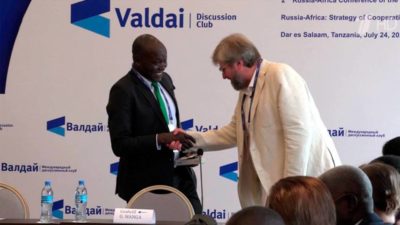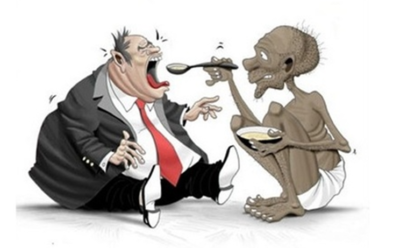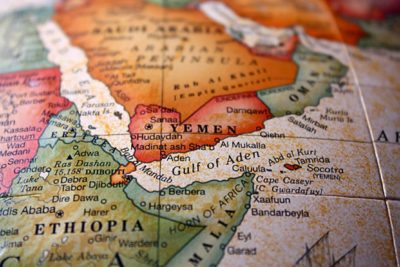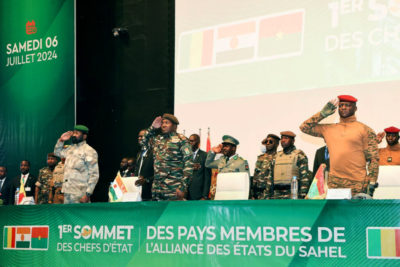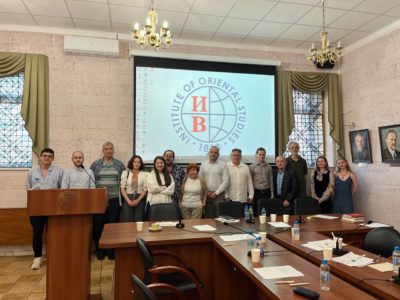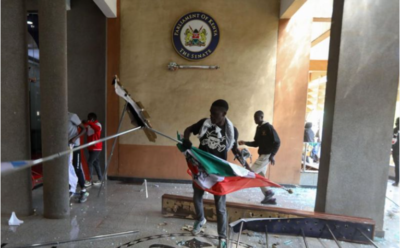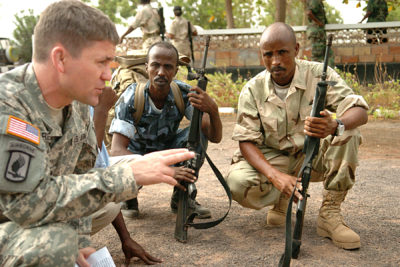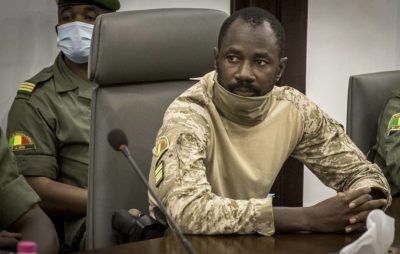The second Russian-African conference of the Valdaï club in Dar es Salaam strengthens Russian-African cooperation
While international relations were organized around two poles of power (East and West) after the fall of the Berlin Wall in 1989 and the illusion of the end of the Cold War in 1991, the emergence of new centers of power in the Global South changes the situation. It is in this spirit that the prestigious think tank that we agree to call in other words “the Valdaï discussion club ”, based in Moscow, is organizing its second Russian-African conference (July 24, 2024 in Dar es Salaam in Tanzania), one year after the second Russia-Africa summit in Saint Petersburg (here).
Time for Africa to Change its Development Model from Washington Consensus Ponzi
Kenya’s antigovernment protests continues into the second month and are similar to Ghana’s in 2022, as both started from over taxation and worsening living standard, problems absent in South East Asia (e.g. Vietnam), which was also colonized. Kenya, Ghana, and Zambia have attempted development for 6 decades but lag behind Vietnam, which started developing under 4 decades ago. Clearly, Kenya and African countries need to change their development model from the World Bank/IMF’s neoliberal Ponzi for enriching western corporations.
Ethiopia on the brink of a coup?
Recent developments on the African continent show that the tide is turning away from francophone West Africa, which has seen 9 military coups in the last 7 years, and towards the Horn of Africa. Signs of impending instability are most visible in Ethiopia.
The Horn of Africa in the midst of disagreements
Ethiopian authorities are looking for a way to break through the established geographical blockade. The ambitious Ethiopian Prime Minister, Abiy Ahmed, took up this task. Experts say that Ethiopia’s determination to have its own port facilities in the Red Sea is leading to increased tensions in the strategically important Horn of Africa region.
Confederation of the Alliance of Sahel States: challenges and prospects for the region
During their first joint summit held in Niamey, the capital of Niger, on Saturday, the military leaders of Mali, Burkina Faso and Niger signed a treaty according to which the trio became a confederation. This comes just a few months after their departure from the Economic Community of West African States (ECOWAS) in January.
The first summit of the Alliance of Sahel States on July 6, 2024: regional and international geopolitical and geostrategic issues
For several years now, something more important has been happening on the political scene in the West African region. It is the breakdown of dehumanizing colonial agreements and the rise of disapproval of French imperialism in the region, at the forefront, the Alliance of Sahel States (AES). As an expert in the geopolitics of governance and regional integration, it is important for us to take a close look at the resolution of the most anticipated first-ever summit of the Alliance of Sahel States (AES), held on July 6, 2024, in Niamey, Niger.
The Failure of US Policy in Africa, as seen by Western Experts. Part Three: Washington in search of a way out of its impasse
Today, while the US government and political think-tanks are looking for ways to solve the trilemma posed by its African policy, namely, which of its three goals (the development of democracy, the fight against terrorism and its competition with other world powers, primarily China) to prioritize, terrorism is spreading like a cancer to the coastal countries on the Gulf of Guinea.
Special abilities of Africa’s Inept - Misappropriating Donated Fertilizers and blaming the donor?
Some African leaders perpetuate corruption and incompetence, while the US and Western Europe avail convenient justifications for such behavior, which hurts Africans.
Modern Algeria through the prism of Russian orientalists
The scientific conference “Challenges and Threats to the Algerian State and Society: History and Modernity”, held recently at the Institute of Oriental Studies of the Russian Academy of Sciences (IOS), brought together specialists representing academic institutions and leading universities in Russia. The agenda included a wide range of topics from Algeria’s energy strategy and its foreign policy to issues of cultural and national identification of society and cooperation between Moscow and Algeria.
400 police to Haiti as Kenya Burns in Lawlessness-The true meaning of Democracy Reiterated by Citizens
The 25th June 2024, came with the violent protests in Kenya, in which demonstrators broke into the parliament, stole the mace and set the building ablaze, as some of them were shot by the police all across the capital. The author does not praise the protests or the violence but notes the government’s recklessness in provoking public disquiet and failing to effectively police the country, while sending 400 policemen to Haiti, the day before.
The Failure of US Policy in Africa, as seen by Western Experts. Part Two: The Nature and Causes of US Failures in Africa
Leaders of many African countries are finding the offers of Russia and China to develop bilateral relations without making any political or other demands more attractive than the terms imposed by US-based global financial institutions, accompanied by Washington’s demands related to human rights and democracy.
Alliance of Sahel States: no turning back!
In response to attempts by the Western minority to destabilize and sabotage the processes of strengthening the union and integration of the Alliance of Sahel States, the member countries of the alliance have chosen to move towards an additional offensive. All without forgetting to mention the real and worthy external partners of the AES. One thing is obvious – the planetary minority cannot stop – the true pan-African and multipolar movement.
